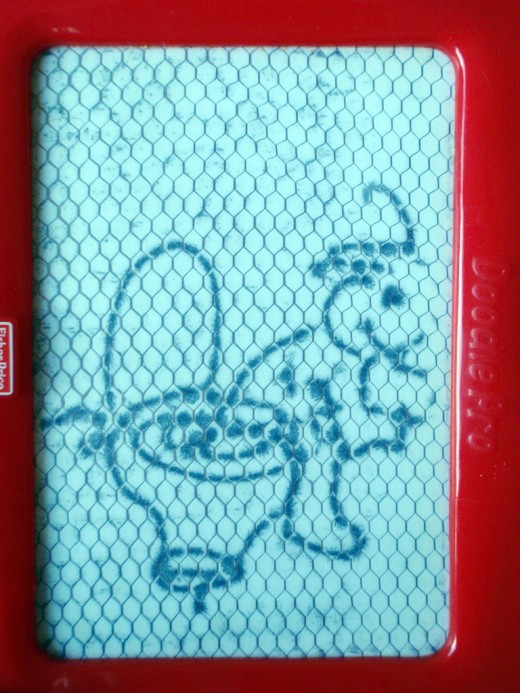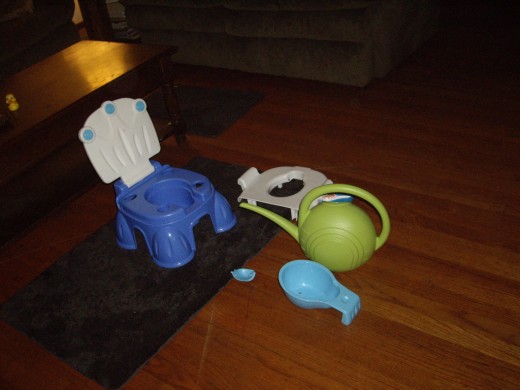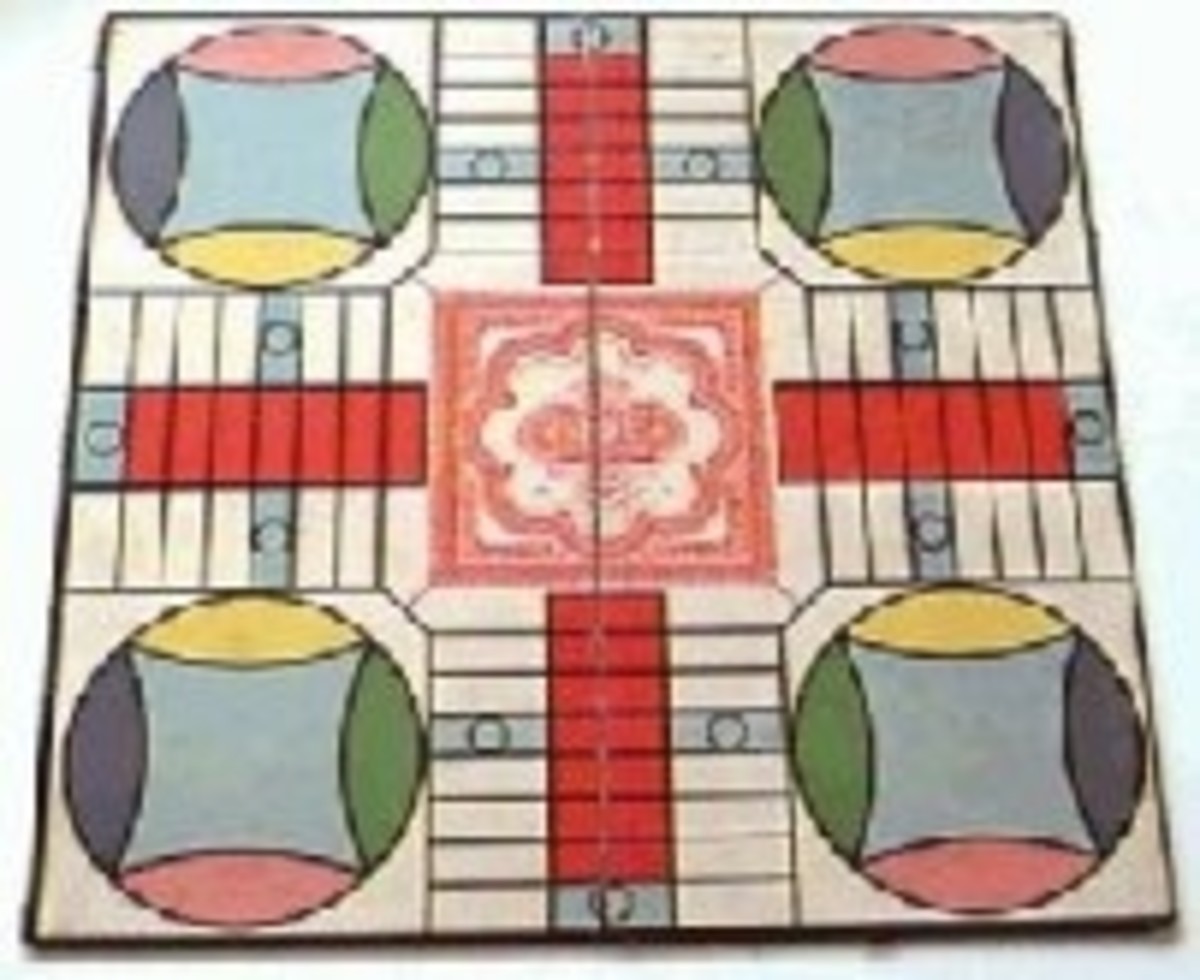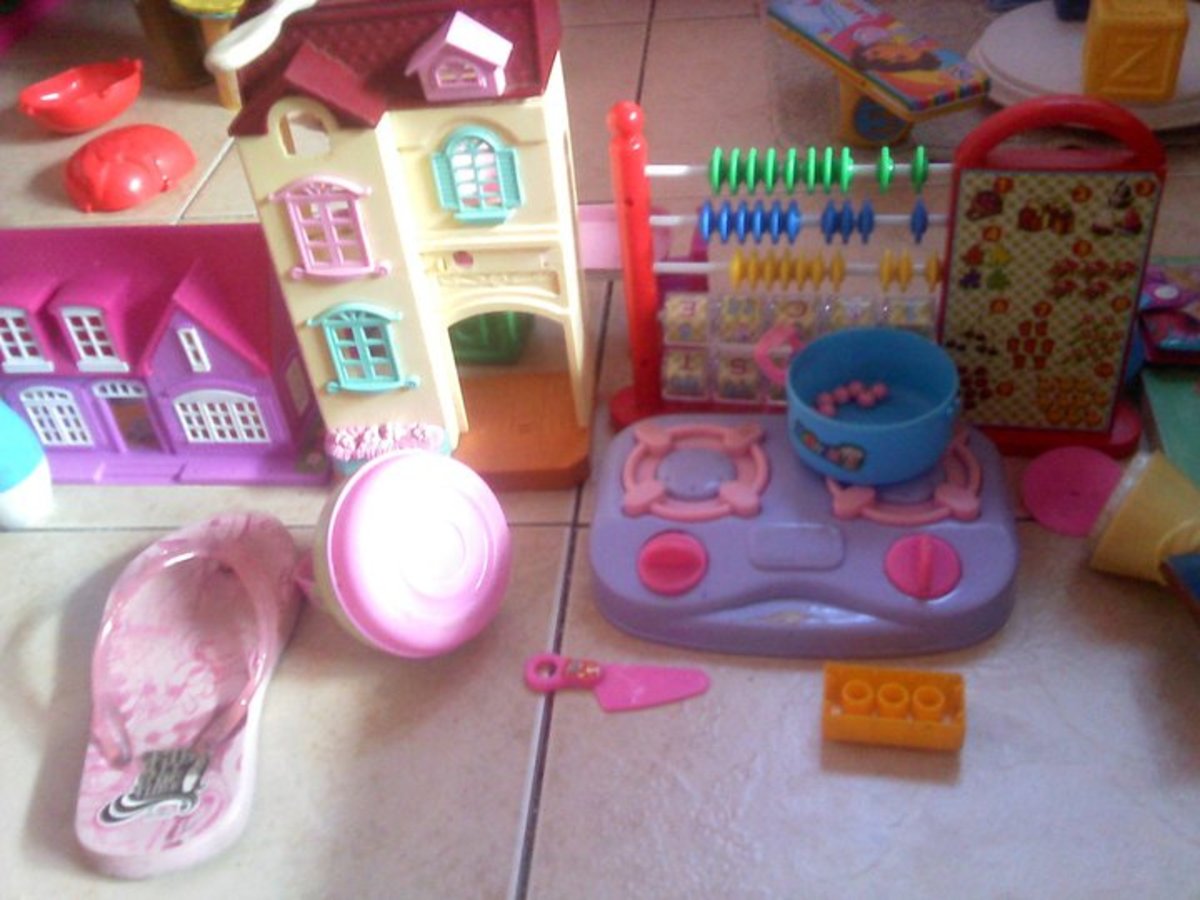Worst Ways to Potty Train Bed Wetting Toddler
Why does my toddler wet the bed?
You have managed to get your child out of nappies and using the toilet during the day, however, your child has trouble making it to the toilet at night. There are several common reasons why this happens.
The main one is that your child just isn't ready to use the toilet at night. This is not something to worry about because all children develop at different speeds. When your child is ready they will let you know. If you suspect your child isn't ready to be toilet trained during the night talk to them and find out for yourself. Your toddler may have a limited vocabulary but they should be able to convey, in some small way whether or not they are ready to be out of nappies at night.
Other common reasons that your child may wet the bed include:
-
They sleep so deeply that they do not wake up when their bladder is full
-
They are scared of the dark so do not wish to venture out of their bed to the toilet
-
They are scared of the toilet
-
They are struggling with some form of inner turmoil that keeps them awake late at night, which in turn means that they are too tired to make the trip to the toilet
There are many other reasons why your toddler has trouble staying dry at night. The main thing is to ensure that you understand that there is nothing seriously wrong with your toddler if they have a nocturnal accident.
When it comes to toilet training a toddler at night there are some things that you, as a parent or caregiver, must avoid doing. The following are the worst ways of dealing with a bed wetting toddler.
1. Do not shout at them
It can be really frustrating when you are awoken in the early hours of the morning by a crying toddler. You wander into their room to find out what has upset your little angel. You sit down on the bed next to them and realise that the bed and the child are sodden. This is something that happens to all parents at some point in their child raising career. It is very late at night, or possibly very early in the morning and the last thing you wish to deal with is changing your toddler into some dry pyjamas and then changing the bed sheets. What adds to the frustration is the fact that your child knows how to use the potty/toilet during the day. Hell. They frequently tell you, well in advance, that they need to, 'have a wee'. So why can they not do the same thing at night?
There is a temptation to 'tell the child off', to discipline them or shout at them so that the toddler understand that what they are doing is wrong. This temptation derives, mostly, from lack of sleep. At 2 am it may seem like a reasonable thing to shout at your child and let them know that they have made a mistake but that is just the sleep deprivation talking. If you do yell at the child or tell them that what they have done is wrong then there is a high likelihood that the child will continue to wet the bed long after they would have if they had not been shouted at. Shouting at a child for pulling another child's hair is a way of getting them to understand that violence is naughty and society will not tolerate it. Shouting at a child because they could not control their bladder is a way of damaging their self esteem and causing the child to feel that life is not fair because they are being punished for something that they cannot control.
If your child wets the bed instead of shouting at them get them dressed into dry clothes, change the bed sheets and give the poor, little, bugger a cuddle. Let them know that wetting the bed is a perfectly natural thing and that it happens to everyone at some point in their life. Make them feel that what happened is just an accident and that they will eventually get the hang of going to the toilet at night. If they have a night where they wake up dry give them a treat for doing so. Positive reinforcement works really well for nocturnal toilet training.
2. Do not carry them to the potty
When doing the nocturnal potty training there is some advice that can be quite damaging. There are parents who tell you that when you the parent goes to bed you should grab your child and carry them to the potty. This way the child will use the potty, whilst still half asleep, and will be dry for the rest of the night.
This is the wrong way to do this.
The theory seems sound. The problem is that if you do that every night, your child will begin to rely on you, the parent, to take them to the potty. This means that the signals their bladder sends to their brain to tell them that it is full will be ignored because the parent is picking them up and taking them to the potty. The end result is that the toddler will probably take a lot longer to master nocturnal potty training.
The correct way to do this is to wake your toddler up. Make sure they are full awake. The walk them to the potty and let them have a go. This will mean that they are fully aware of what is going on and will eventually begin to toddle out on their own to use the potty at night.
Happy toddlers

3. Do not let them drink anything before bed
Preventing your child from drinking anything before bed seems like a great way of keeping them dry at night. The problem is that your toddler may end up suffering from dehydration and other serious medical problems. The other big concern is that your toddler will be stubborn and keep insisting on a drink, because they are thirsty. This will mean that they will stay up far past their bedtime and will sleep heavily and end up wetting the bed.
The correct way of doing this is to limit the amount of liquids the child has 2 hours before bed. If your child is thirsty just before bed then give them a drink. But if you can limit the liquid intake of your child 2 hours before bed then their bladder will be less full. This will mean there is a higher probability of the child staying dry at night. Remember though, if your child is thirsty, give them a drink.
Potty

Bedwetting poll
Did your child wet the bed?
Potty training video for toddlers
Don't Shout
Do not shout at a bed wetting child!
This content is accurate and true to the best of the author’s knowledge and is not meant to substitute for formal and individualized advice from a qualified professional.
© 2016 trotter2099








